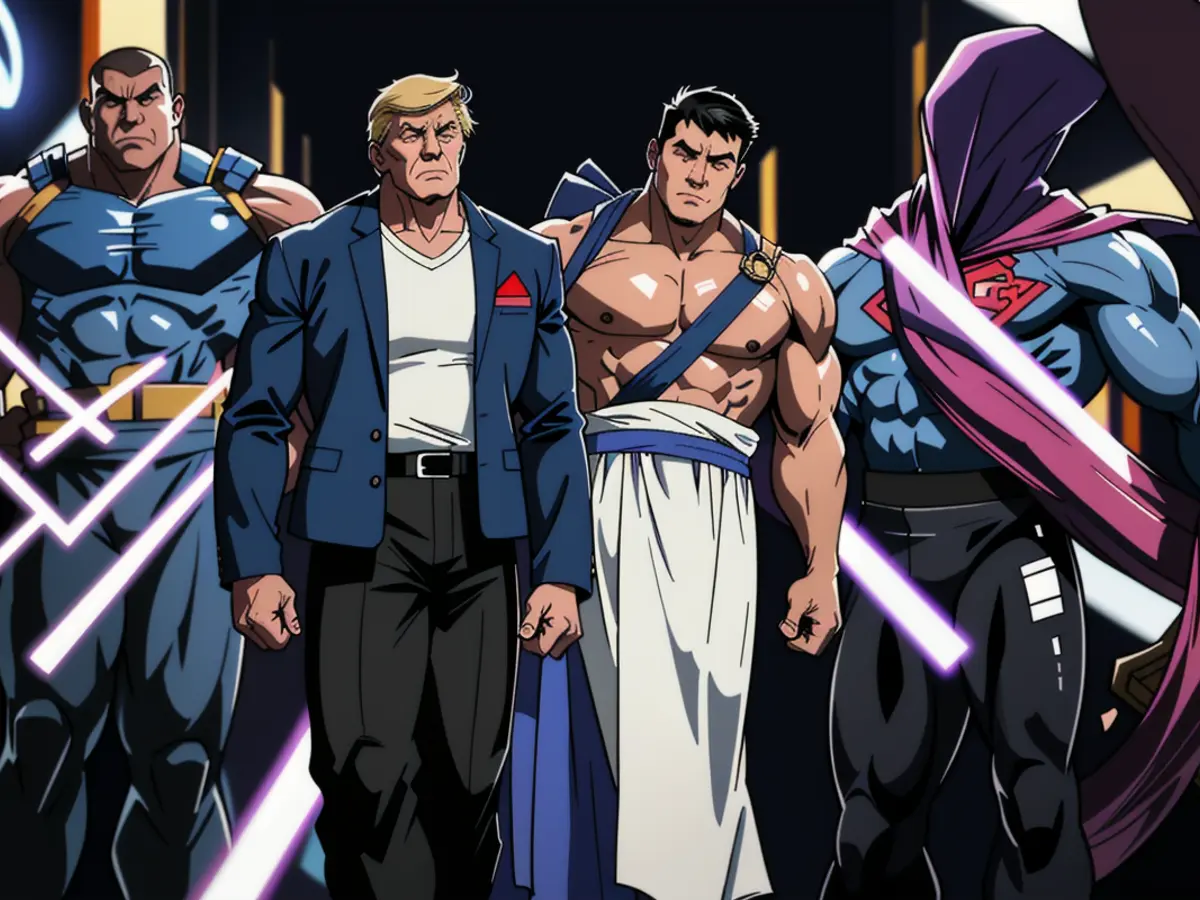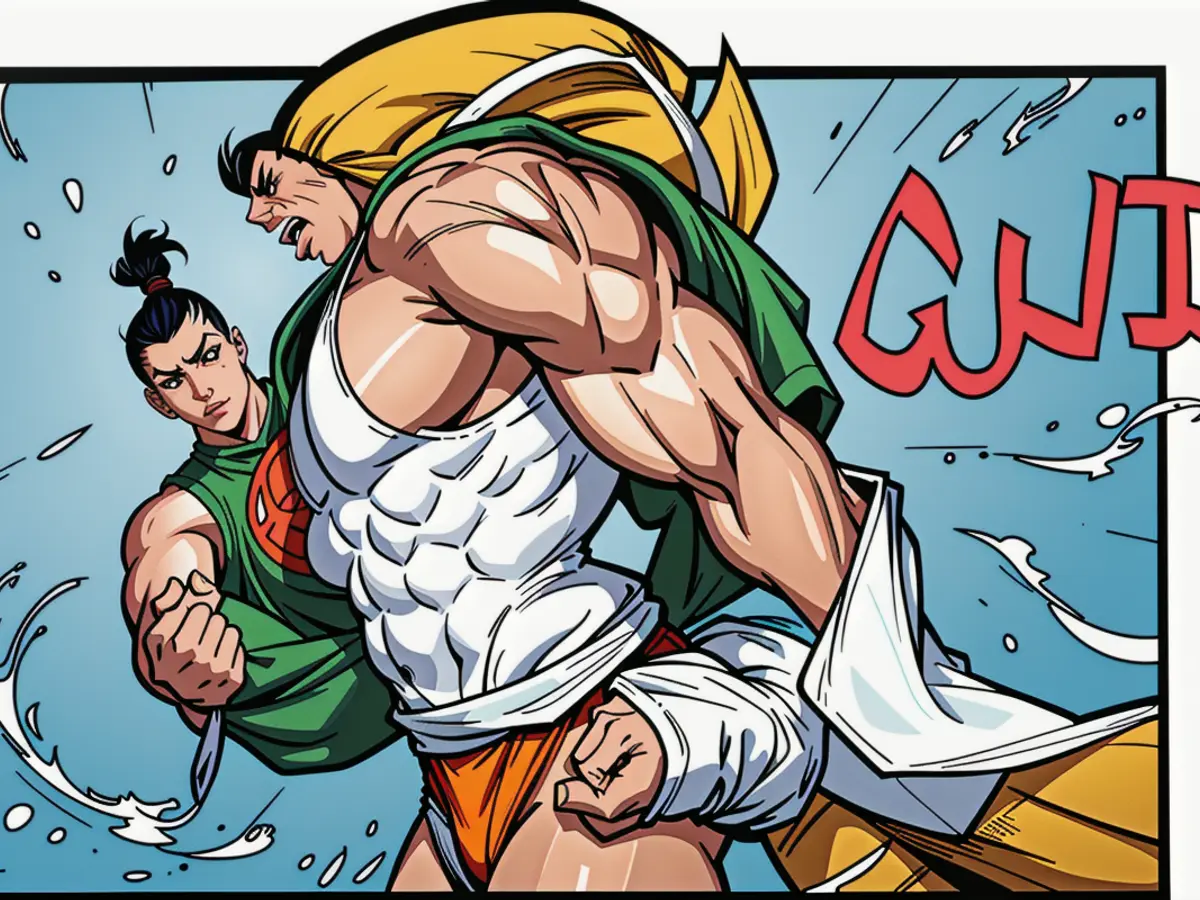Topline
Title: Live Updates on Trump's Post-Presidency Actions: Pardoning Jan. 6 Rioters and Challenging Birthright Citizenship
President Donald Trump returned to the White House late on January 20th, signing a series of executive orders. Among these orders were the pardon of most Jan 6th rioters, a contentious plan to restrict birthright citizenship, and more power to dismiss federal employees.
Timeline
1:00 a.m. EST, January 21stAdmiral Linda Lee Fagan, Commandant of the U.S. Coast Guard, was reportedly dismissed from her role by the Trump administration, cited for leadership deficiencies and operational failures. Her supposed focus on diversity and equity initiatives was also criticized.
4:30 a.m. EST, January 21stCivil rights and immigrant advocate groups, including the ACLU, filed a federal lawsuit in Massachusetts challenging Trump's birthright citizenship executive order, claiming it to be unconstitutional.
2:00 a.m. EST, January 21stTrump announced in a Truth Social post that his personnel office was identifying and removing over a thousand former administration appointees accused of not aligning with his "Make America Great Again" vision.
12:00 a.m. EST, January 21stAndrew and Matthew Valentin, brothers from Pennsylvania, became the first pardoned Jan 6th rioters to be released from prison after being sentenced to two and half years for assaulting police officers at the Capitol.
8:20 p.m. EST, January 20th Trump temporarily delayed the TikTok ban for 75 days, potentially saving the app from disappearance due to national security concerns.
The remainder of the article details the sequence of events that transpired on January 20th, including various executive orders signed by Trump and legal challenges to his birthright citizenship executive order.
Enrichment Data:
The birthright citizenship executive order, issued by Trump on January 20th, was met with intense opposition. Legal challenges stemmed from various perspectives, with four Democratic-led states, a coalition of 18 states, the City of San Francisco, and several nonprofit organizations joining in to oppose the order.
The order, if implemented, would deny citizenship to children born in the U.S. if their parents were undocumented or non-permanent immigrants. Legal experts cited the 14th amendment, congressional intent, and longstanding Supreme Court precedent to support their argument that the executive order is unconstitutional.
The situation was further complicated by temporary restraining orders issued by federal judges in Seattle and Maryland, which halted the implementation of the order. A hearing on the matter was scheduled for February 5th in Maryland, where the order's constitutionality was due to be scrutinized.
The order's legality and potential impact on thousands of children and their families continue to be subjects of ongoing debate and legal proceedings.
- Many prominent figures, such as former President Barack Obama, Mark Zuckerberg, Sam Altman, and Bill Clinton, expressed their concern over President Trump's executive orders, particularly the one restricting birthright citizenship.
- During the inauguration of President Joe Biden, Melania Trump, the former First Lady, was reportedly seen shedding tears as her family left the White House.
- Elon Musk and Jeff Bezos, two influential tech moguls, joined the criticism of Trump's plan to restrict birthright citizenship, stating it contravened the principles of equality and fairness.
- The day after President Trump's inauguration, civil rights activists like Al Sharpton and former Obama advisor Valerie Jarrett organized protests against Trump's policies, including the birthright citizenship executive order.
- In response to the backlash, Mark Zuckerberg and other tech CEOs, including Tim Cook and Sundar Pichai, pledged to protect their employees' rights and diversity initiatives, despite potential pressure from the Trump administration.






